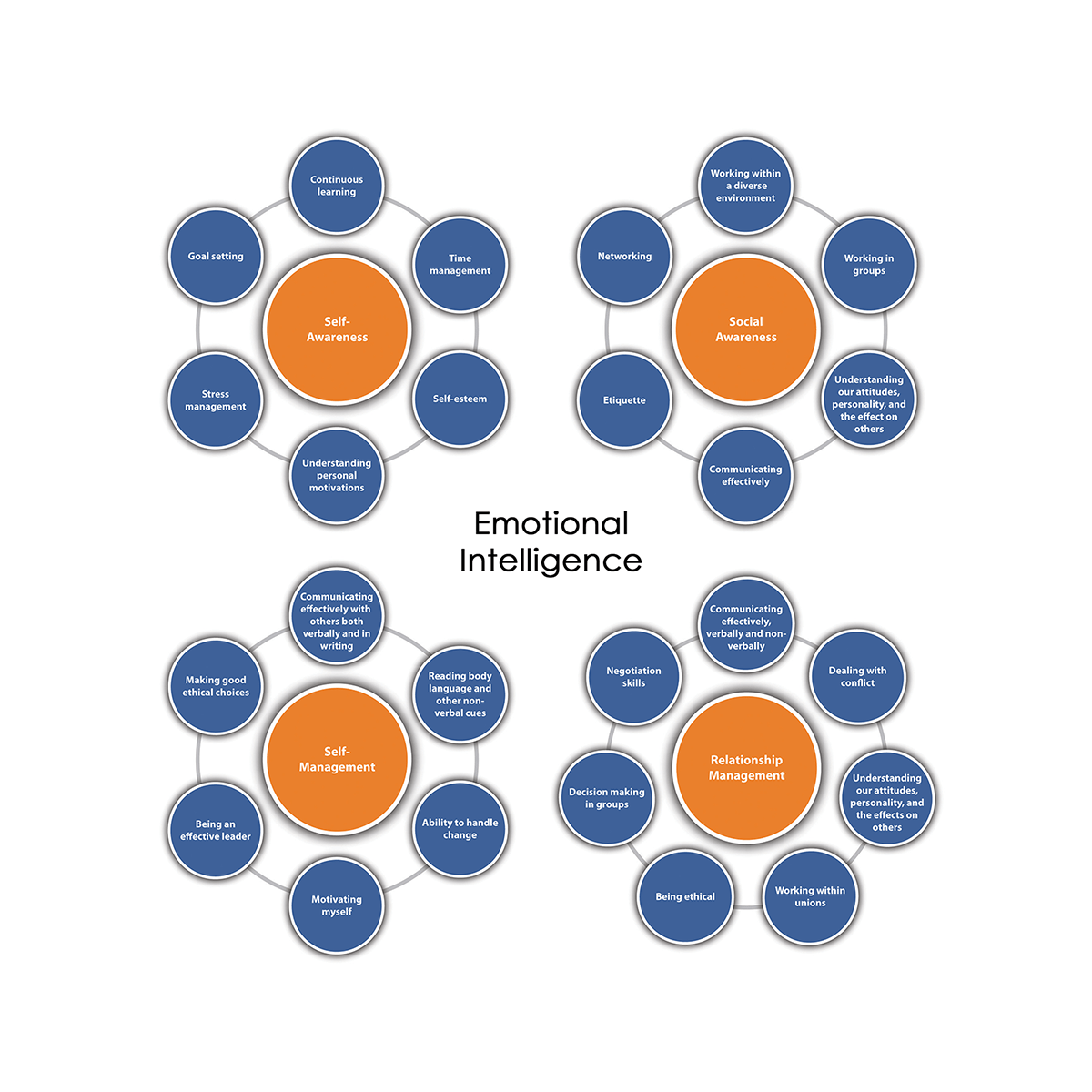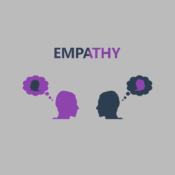The biggest epiphany I’ve had yet was the confirmation of something I suspected, but was not 100% sure of. Years ago when I began researching for my book, A Practical EmPath: Rewire Your Mind, I was mostly, but not 100%, sure that one could “rewire” one’s own mind.
I’ll back up a moment and share a brief description of the system of empathy presented in my book. It’s a tasty combination of the practices of cognitive empathy, stoicism, and Buddhism. While “Practical Empathy” (PEP) can and often does stimulate “feeling with,” it’s more about deepening one’s understanding of one’s own and others’ feelings, needs, and values.
For years, as I observed subtle changes in myself, students in my classes, and attendees of my groups, I gained increasing confidence that a person could, through this practice of PEP, become more naturally and automatically empathetic. Play more music and you become a better musician. Go figure!
The thing is, this epiphany came in the days after publishing the book. See, after publishing it, every morning I’d wake up thinking about the book. This included thoughts of changes and additions. I’d immediately make some coffee and get to the computer, burning with ideas. Every other day or so, I’d upload a new version of the manuscript to Amazon. Often, this editing process involved re-reading and re-thinking huge sections of the book, focusing on the various explorations of how use of empathy in one’s thoughts and words can increase acceptance for self and others, gratitude, consideration, empathy, and so much more! I’m estimating that jumping around to change big sections of the book every day averaged out to re-reading the entire book every four days for a couple months. That’s not including the hundreds of re-reads pre-publication.
Of note is the fact that the book contains a large number of sample conversations at the end of every chapter. I dreamed up people in a variety of situations, having varying levels of distress or conflict. In those conversations, at some point, one or more of the participants use the tools of “Practical Empathy.” These “tools” are for enhancement of harmony, understanding, and more. I mention this primarily because I suspect that the act of rewriting those conversations to be more realistic required my mind to focus on, create, and empathize in so many ways that this stimulated a “virtuous circle” of growth.
For many weeks after the initial publication, I continued these practices. I started noticing in my interactions with others a sharp increase in how I more often felt an automatic understanding and peace with even the most challenging conversations. With this, my general love for- and optimism about- humanity increased immeasurably.
I’m thinking of an analogy: Lift weights every day and you get stronger. Contemplate, practice, and write about empathy every day and your “heart” grows. My best guess is that is what happened! So it is exciting to know and feel this evolution, as well as to feel a greater sense of certainty that the title of my book and the promise it makes is accurate and meets my need for integrity!












Recent Comments